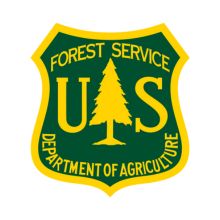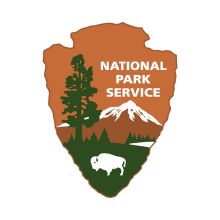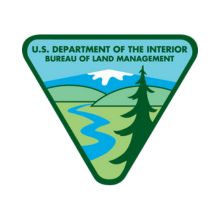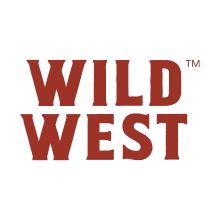- Home
- About
- Training & Events
- Resources
- For Members

This three-day short course will explore the principles of fluvial geomorphology, stream restoration, and watershed management with an optional virtual field trip on the fourth day to impaired streams and restoration sites. Dates & DurationDay 1: Tuesday, April 30, 2024 10am-5pm ET Virtual instruction through Zoom Day 2: Wednesday, May 1, 2024 10am-5pm ET Virtual instruction through Zoom Day 3: Thursday, May 2, 2024 10am-5pm ET Virtual instruction through Zoom Day 4: Friday, May 3, 2024 10am-3pm ET Virtual field trip (optional)
Can't make these dates? An additional course is scheduled for Nov. 18-21, 2024. Click here for more information.Course DescriptionStream restoration has become a catch-all phrase nationwide to describe all sorts of river management activities including flood and erosion control, habitat enhancement and endangered species recovery, and sediment and nutrient reduction efforts. An understanding of fluvial geomorphology can be helpful in establishing the underlying causes for stream degradation and bank erosion, anticipating how the stream will change over time if no restoration occurs, developing appropriate restoration strategies for the given setting, and foreseeing how streams will respond to a proposed restoration project. In this way, the actual needs for restoration can be documented, restoration projects tailored for a given site, and better restoration outcomes achieved. This course will utilize examples from around the country (and in fact the world) with particular focus on New England, the Pacific Northwest, and the Chesapeake Bay Watershed, but will be of value to all, regardless of location, as the basic principles of fluvial geomorphology and stream restoration to be covered in the course are applicable everywhere. This three-day short course (from 10am-5pm Eastern Time each day) will explore the principles of fluvial geomorphology and stream restoration in a virtual format. An optional virtual field trip of stream restoration sites in the Chesapeake Bay region and possibly other locations is also available and will include live interaction with the field trip leader. The course is designed for government officials, environmental and engineering consultants, non-profit watershed groups, construction contractors, educators and students, and others trying to sustainably address flooding, erosion, habitat, and sediment and nutrient loading issues along rivers and streams. While some quantitative methods will be introduced, the course will focus on the underlying concepts of fluvial geomorphology that are needed to effectively apply and interpret the results of quantitative analyses used in stream restoration designs. Fluvial geomorphology is also critical for anticipating how streams respond, both positively and negatively, to human activities along rivers and streams, including stream restoration projects. The short course will highlight process-based restoration practices, which are typically more effective, sustainable, and cost effective than form-based practices. Whether designing stream restoration projects yourself or reviewing plans to determine their potential effectiveness, this short course will provide you with the background and practical experience to identify the best restoration approaches for a particular setting and set of project objectives. The short course will consist of visual presentations, small group exercises, and activities that will provide participants with practical experiences and examples to recognize unstable channel reaches in a watershed and identify the most appropriate stream restoration techniques that will best address the identified instabilities, if present. The first day of the short course will focus on the basic concepts of fluvial geomorphology including extended discussions on stream equilibrium and channel classification. The second day will consist of hands-on activities in small breakout groups to reinforce the geomorphic concepts learned during day 1 and will provide practical experiences using resources (e.g., topo maps, aerial photographs) critical for completing geomorphic assessments at the watershed scale. The final day will apply the knowledge gained to examine numerous stream restoration practices through a series of case studies (working in small groups) that will highlight the many issues that must be considered to successfully and sustainably restore rivers and streams and to anticipate potential problems even before a restoration design is complete. The optional virtual field trip will tour examples of restoration sites that will reinforce the concepts and lessons of the first three days. This course is pre-approved for 10 continuing education credits under SER's Certified Ecological Restoration Practitioner (CERP) program. Course ObjectivesUpon completion of the training, participants will be able to:
Scroll to topRMS Membership is not required to register. However, the discounted course rate is more than the price of an |









